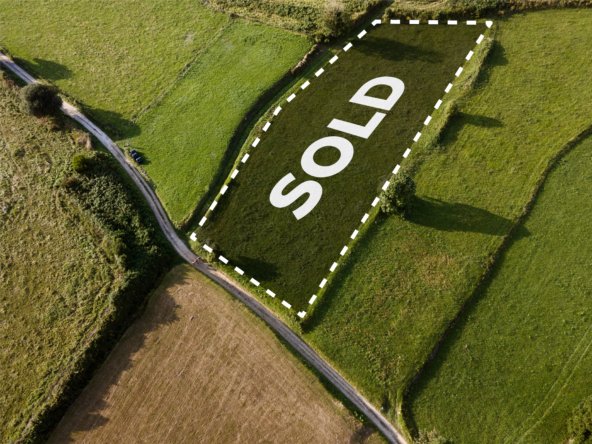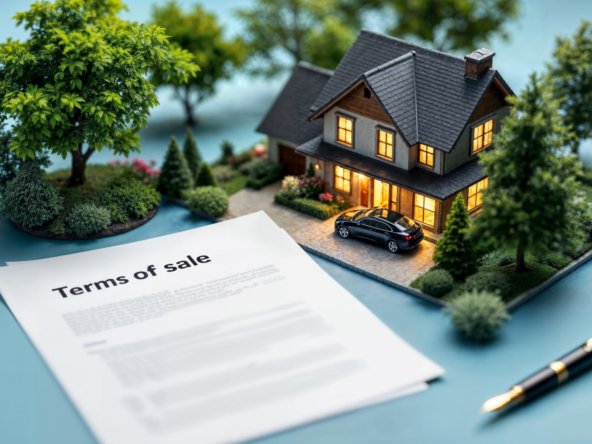Real estate scams are unfortunately common in Nigeria. From fake agents to double land sales and forged documents, countless buyers have lost millions due to one wrong move. But it doesn’t have to be you. Whether you’re buying a plot or a finished home, here’s exactly what you need to do to stay protected.
Step 1: Always Conduct Due Diligence
Due diligence is the #1 step to protect yourself. It includes:
- Physically inspecting the property/land
- Checking documents for authenticity
- Researching ownership history
- Asking neighbors about disputes or previous sales
🔍 Do not rely solely on glossy photos, “agent words,” or online listings. Visit the site personally or send a trusted representative.
Step 2: Verify the Agent or Seller
Anyone can claim to be an “agent” in Nigeria. Here’s how to verify a legit one:
- Ask for their real estate license, if they have one
- Request their CAC registration number (for company agents)
- Check if they are affiliated with recognized bodies like REDAN or NIESV
- Search their name/company online to look for red flags or fraud reports
- Ask for referrals from previous buyers
🚨 Red Flag: An agent who avoids questions, pressures you to pay quickly, or refuses to meet in person is likely a scammer.
Step 3: Insist on Authentic Documents
Never proceed without verifying key real estate documents. Here’s what you should check:
| Document | What to Look For |
|---|---|
| C of O (Certificate of Occupancy) | Verify the name matches the seller |
| Deed of Assignment | Confirm land history and signatory details |
| Survey Plan | Should include the land coordinates and be registered |
| Allocation Letter (if from the government) | Confirm with FCTA or FCDA office |
| TDP (Title Deed Plan) | Especially important for properties within estates |
✅ Visit the Land Registry to confirm authenticity. Engage a real estate lawyer to help verify everything.
Step 4: Payment and Documentation Safety
When it’s time to pay, protect yourself with these rules:
- NEVER pay in cash
- Always use a bank transfer with a clearly labeled purpose (e.g. “50% payment for Plot 37, Lugbe”)
- Get a signed receipt or purchase agreement
- Ensure a Deed of Assignment is drafted and signed
- Pay stamp duty and registration fees to legalize the transaction
🛡️ Avoid “deals” that require immediate full payment before documentation is ready.
Step 5: Know the Most Common Scams
| Scam Type | How It Works | How to Avoid |
|---|---|---|
| Omonile Scam | Local “landlords” sell land they don’t own | Deal only with title holders and verify history |
| Fake C of O | Forged or photocopied documents are used | Always cross-check with the land registry |
| Double Allocation | Land is sold to multiple buyers | Check transaction history before payment |
| Hidden Disputes | Property is under litigation or family dispute | Ask lawyer to conduct a legal search |
| Fake Agents | Scammers pose as agents and collect deposit | Ask for ID, verify online, meet in public |
Bonus Tips to Stay Safe
Don’t rush. Scammers love urgency.
Don’t sign anything without a lawyer review.
Walk away from deals that feel too good to be true.
Check seller ID matches property documents.
Confirm survey plan at Office of the Surveyor-General.
Buy only from registered estates or verified developers.
Final Thoughts
You don’t need to fear buying real estate in Nigeria—you just need to be smart about it. Scams happen when people skip steps and rush the process.
By applying due diligence, verifying agents and documents, involving a real estate lawyer, and refusing to cut corners, you can make safe and profitable property investments without regrets.
Need Help Verifying a Property?
Contact us for a free consultation or legal verification support before you buy. Better safe than sorry.




